Introduction
Artificial Intelligence (AI) has emerged as one of the most transformative technologies of our time. From enhancing efficiency and decision-making to revolutionizing industries, AI is reshaping the way we live and work. In this article, we will explore the world of AI, its history, current applications, and the potential it holds for the future.
The Evolution of Artificial Intelligence
The concept of AI dates back to ancient myths and legends, but it truly started to take shape in the mid-20th century. The term “Artificial Intelligence” was coined in 1955 by John McCarthy, who is considered one of the founding fathers of AI. Early AI research focused on symbolic reasoning and expert systems, but progress was slow due to limited computing power and data.
In the 21st century, AI underwent a renaissance, primarily due to advances in machine learning, neural networks, and the availability of vast datasets. Machine learning, a subfield of AI, enables computers to learn from data and make predictions or decisions without being explicitly programmed. This paradigm shift paved the way for many of the AI applications we see today.
Current Applications of AI
AI has already made a significant impact on various aspects of our lives, and its applications continue to grow. Here are some key areas where AI is making a difference:
1. Healthcare: AI is being used to improve diagnostic accuracy, drug discovery, and personalized treatment plans. Machine learning models can analyze medical images, predict disease outbreaks, and assist in robotic surgeries.
2. Finance: AI plays a crucial role in fraud detection, algorithmic trading, and risk assessment. Chatbots and virtual assistants are also used for customer service and financial advice.
3. Autonomous Vehicles: Self-driving cars rely on AI to navigate and make real-time decisions, significantly reducing the risk of accidents and improving transportation efficiency.
4. Natural Language Processing (NLP): NLP models like GPT-3 can understand and generate human-like text, revolutionizing content creation, chatbots, and language translation.
5. E-commerce and Marketing: AI-powered recommendation systems personalize shopping experiences, making product suggestions based on user behavior and preferences.
6. Manufacturing: AI-driven automation and predictive maintenance optimize production processes, reducing downtime and waste.
7. Entertainment: AI algorithms help to create deepfake videos, enhance special effects, and generate music and art.
8. Agriculture: AI is used to monitor and manage crops, optimizing irrigation, and predicting crop yields.
The Future of AI
The potential of AI is limitless, and its future applications are even more exciting. Here are some key trends and challenges that the AI field faces as it moves forward:
1. Ethical Concerns: As AI systems become more powerful, ethical considerations surrounding privacy, bias, and transparency are of increasing concern. Regulating AI and ensuring its responsible use is a challenge that society must address.
2. Explainability and Trust: Making AI more transparent and explainable will be crucial to build trust in AI systems, especially in fields like healthcare and finance.
3. Automation of Jobs: While AI promises to boost productivity, there are concerns about job displacement. It will be essential to reskill the workforce and find ways to create new jobs that complement AI capabilities.
4. AI for Good: AI can address critical global challenges, such as climate change, healthcare disparities, and poverty. Using AI to solve these problems is a priority for many researchers and organizations.
5. Advances in Deep Learning: Improvements in deep learning models will lead to even more sophisticated AI applications, including highly realistic virtual environments, better natural language understanding, and advanced robotics.
Conclusion
Artificial Intelligence is revolutionizing the way we live, work, and interact with the world around us. It has come a long way from its inception, and its potential is boundless. As we move forward, it is crucial to strike a balance between harnessing AI’s transformative power and addressing the ethical and societal challenges it presents. The future of AI holds the promise of a more efficient, innovative, and interconnected world, where human and machine intelligence work hand in hand to shape a brighter future.
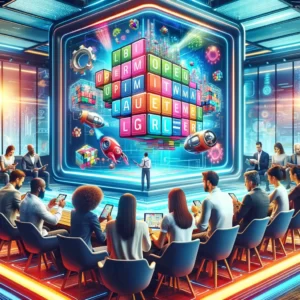


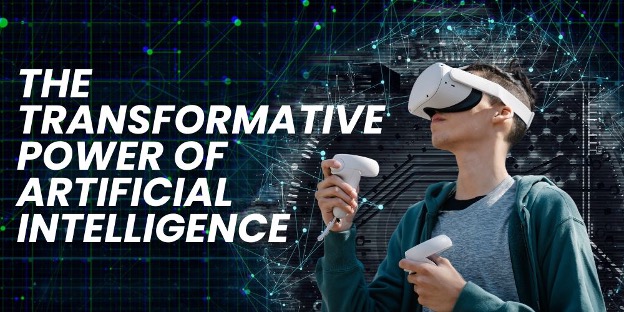

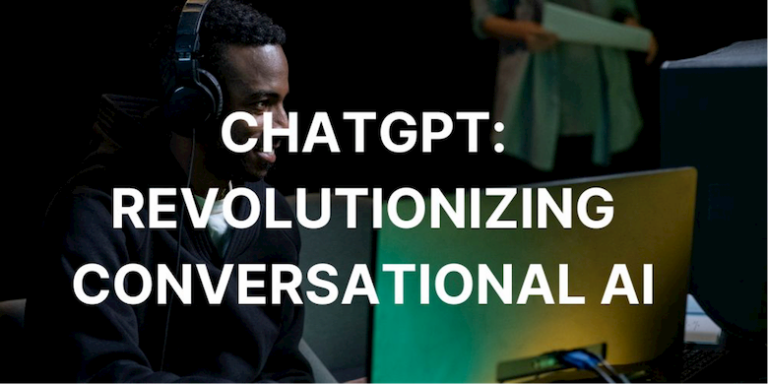
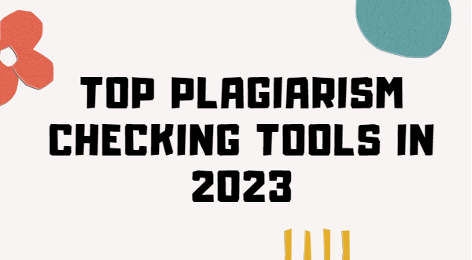
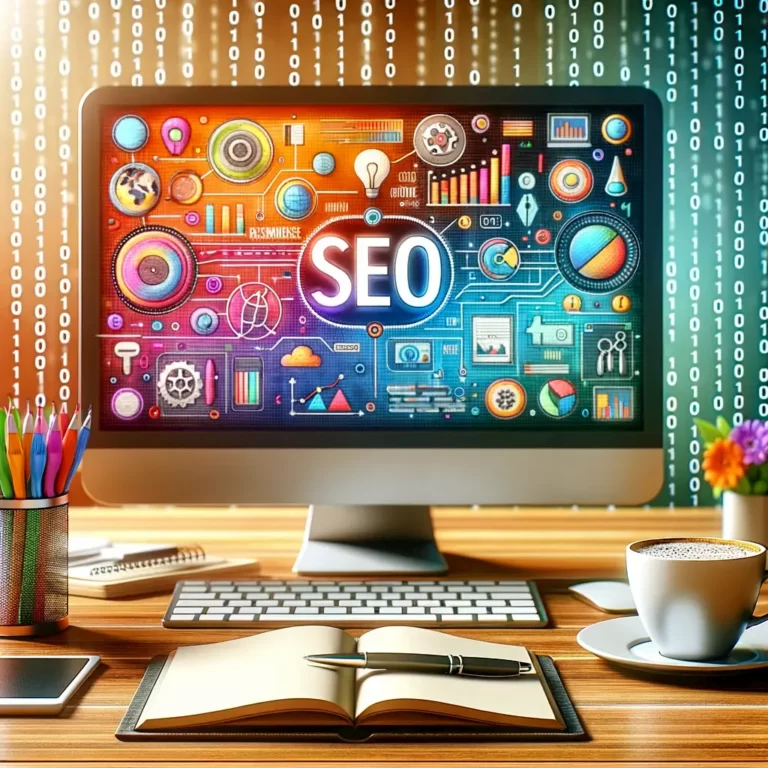


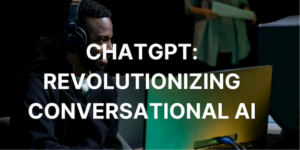
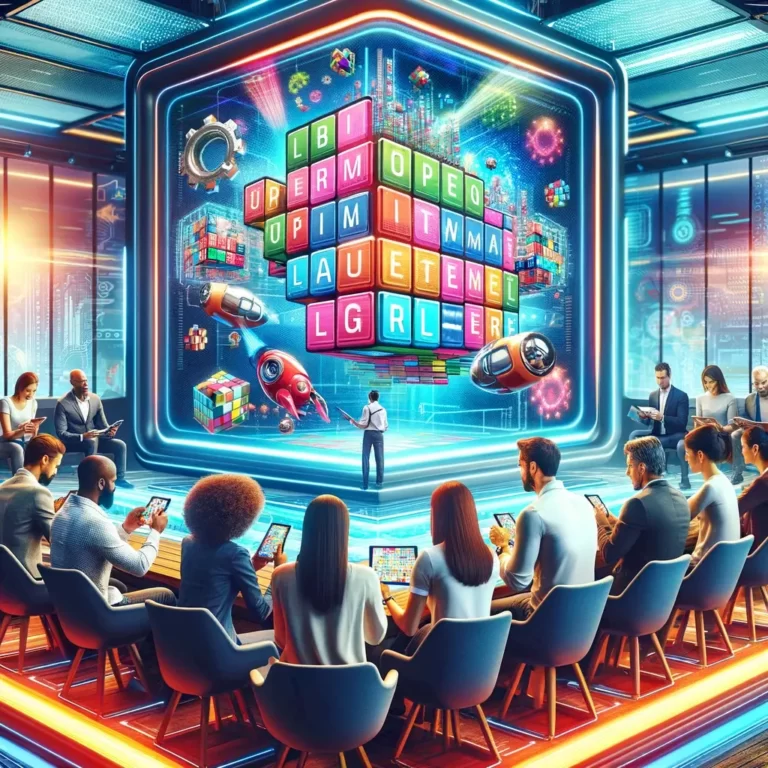




+ There are no comments
Add yours